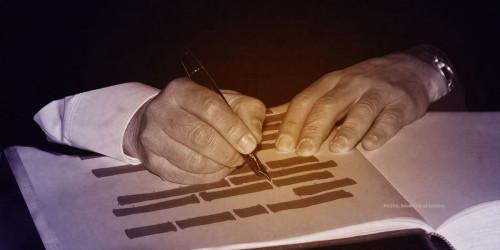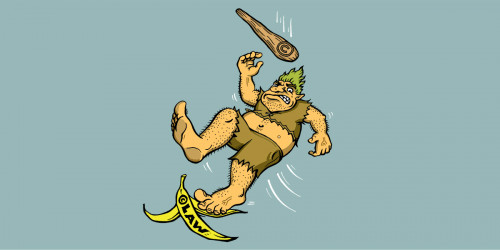Is it illegal to make copies of legally purchased digital music for personal use? Millions of people do this every day when they rip a CD to their hard drive, copy audio files to their iPod, or burn a back up on CD — a practice that is well within the parameters of fair use. But as a recent Washington Post article pointed out, the Recording Industry Association of America (RIAA) doesn’t necessarily agree.
The article noted that the RIAA case against Arizona resident Jeffrey Howell refers to copies Howell made of his legally purchased music as “unauthorized copies.” That view seems to echo statements made by Sony executive Jennifer Pariser during the trial of Jammie Thomas for filesharing in which she described the act of making a copy for personal use as “a nice way of saying ‘steals just one copy.’” The article quoted the RIAA’s website as follows:
If you make unauthorized copies of copyrighted music recordings, you’re stealing. You’re breaking the law and you could be held legally liable for thousands of dollars in damages.
The Post issued a correction a few days later, to make clear that the RIAA sued Howell over his “unauthorized” copies because he allegedly placed them in his “shared folder” for distribution over a peer-to-peer network.
But the RIAA still refuses to clarify whether they believe copies made for personal use and placed in a different folder, say the user’s “My Music” folder, are also unauthorized. In a recent NPR interview, RIAA President Cary Sherman said point blank that there is no such “right”:
It’s OK to copy music onto an analog cassette (not for commercial purposes), it’s OK to copy music onto special audio CD-Rs, minidisks and digital tapes (but again not for commercial purposes). Beyond that there’s no legal “right” to copy the copyrighted music on a CD onto a CD-R, but burning a copy onto a CD-R or transferring a copy onto a computer hard drive or portable music player won’t usually raise concerns so long as the copy is made from an authorized original CD that you legitimately own and the copy is just for your personal use.
In other words, “we think that making copies for personal use is illegal, we just haven’t sued anyone for it yet.”
Meanwhile, Wired blogger Ryan Singel points out that the RIAA argued in a 2006 letter to the US Copyright Office that the Copyright Register should be “’skeptical’ of the merits of any fair use analysis that asserts that space-shifting or format-shifting is a non-infringing use,” and that “creating a back-up copy of a music CD is not a non-infringing use.”
Sure, the Post should have made clear that the RIAA is not suing Howell for making personal copies. (The Howell case is just the one of thousands of suits the RIAA has brought against fans sharing music via P2P). But the evidence suggests that the original Post article was correct in spirit -- the RIAA believes that most copies for personal use are unauthorized, infringing on their copyrights, and illegal. They are simply choosing (wisely, considering the public relations disaster that would result) not to fight personal copying at this time. They will not officially acknowledge the right of fans to make personal copies, nor will they rule out the possibility of suits on these grounds at some point in the future.








